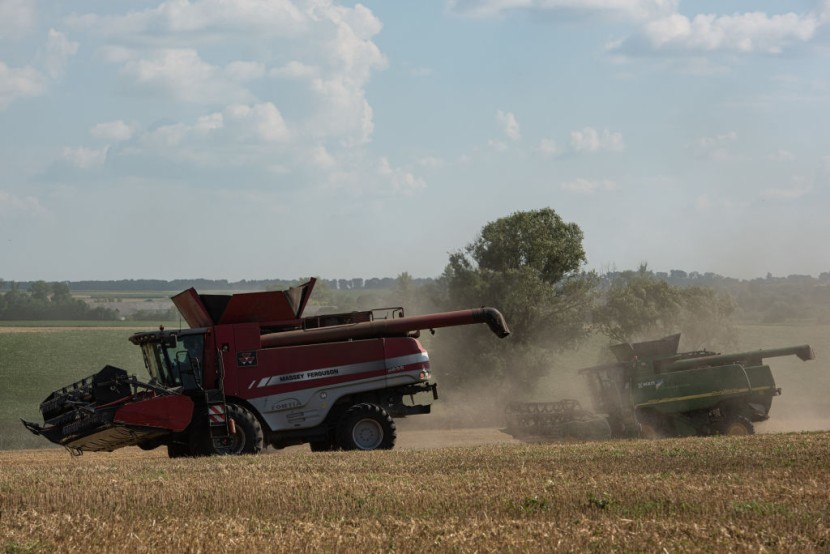
The looming global food crisis is partly caused by US and EU sanctions that weaken the west, which gives Russia an unforeseen advantage.
Russian food and fertilizer sanction have boomeranged and brought about food insecurity because Washington never considered the consequences. Everyone is affected, from rich to third world countries, but who gets the most mileage is a matter of observation.
Russian Sanctions Affected Global Food Supply
Russian Minister of Agriculture Dmitry Patrushev spoke last Friday about how the food emergency was unfolding, saying that it's a blunder that threatens the world because of hegemonic western concerns, reported Sputnik News.
He added the progress of the Russian harvest, which has 27% of the field cultivated, about 55 million tons, is a good sign but ominous.
It is low compared to last year's harvest due to a cold spring, bad weather, and getting the parts to keep foreign-made agricultural equipment running. Due to this, it may be challenging to harvest 130 million tons of grain as expected. There won't be any complications because of fully caters to the home market.
The minister cautioned that if the anticipated volumes are not met, it will lower the 50 million tons export goal, which could hurt the global grain market.
Sanctions on Russian Economy Lead To Food Crisis
The Biden administration thought that the nations would join sanctions in the global south, which ended in utter rebellion when they sided with Vladimir Putin and refused to accept sanctions, thus, it weakened the west.
Washington and its Western allies thought they could stifle support for condemning Moscow, but they were completely rejected and caused a looming global food crisis.
The United States and its key allies increased sanctions against Russia. However, no country in Latin America, the Middle East, or East Asia abandoned a steadfast Vladimir Putin in the face of a White House.
The US and its allies underestimate Moscow's ability to achieve stable food security with grains and fertilizers that the West does not have. American and European leaders did not consider it when issuing successful sanctions, and now, Moscow can sanction them in their self-inflicted weak state.
Global South Affected Despite Not Joining Sanctions
Western sanctions drove the Global South to Moscow's corners with secondary restrictions. The African Union chief and Senegalese President, Macky Sall, told Vladimir Putin in June how the west has made African nations suffer for its wayward US and EU sanctions. With no grain or fertilizers to supply them, with a hunger problem caused by a reckless west
Despite worries about global food security stemming from the COVID crisis in 2020 and 2021, supply networks disrupted and exacerbated economic hardship in a large portion of the developing world.
In February and March 2022, the US and its allies swiftly implemented sanctions on Russia and its partner, Belarus, regarding agricultural and fertilizer.
The director of the UN Food and Agriculture Organization's Russian liaison office, Oleg Kobiakov, recently disclosed that his agency anticipates that 828 million people will be hungry by the end of 2021, a significant increase of about 150 million people from the year previous to COVID 2019.
Kobiakov underlined the role of the international fund proposed by the FAO to encourage the export of food, fertilizers, and energy to help developing countries, notably in Africa, amid the escalation of the Ukrainian crisis and international sanctions.
This global food crisis caused by the US and EU sanctions that weakened the west only drove many countries to Russia's side.
© 2025 HNGN, All rights reserved. Do not reproduce without permission.








